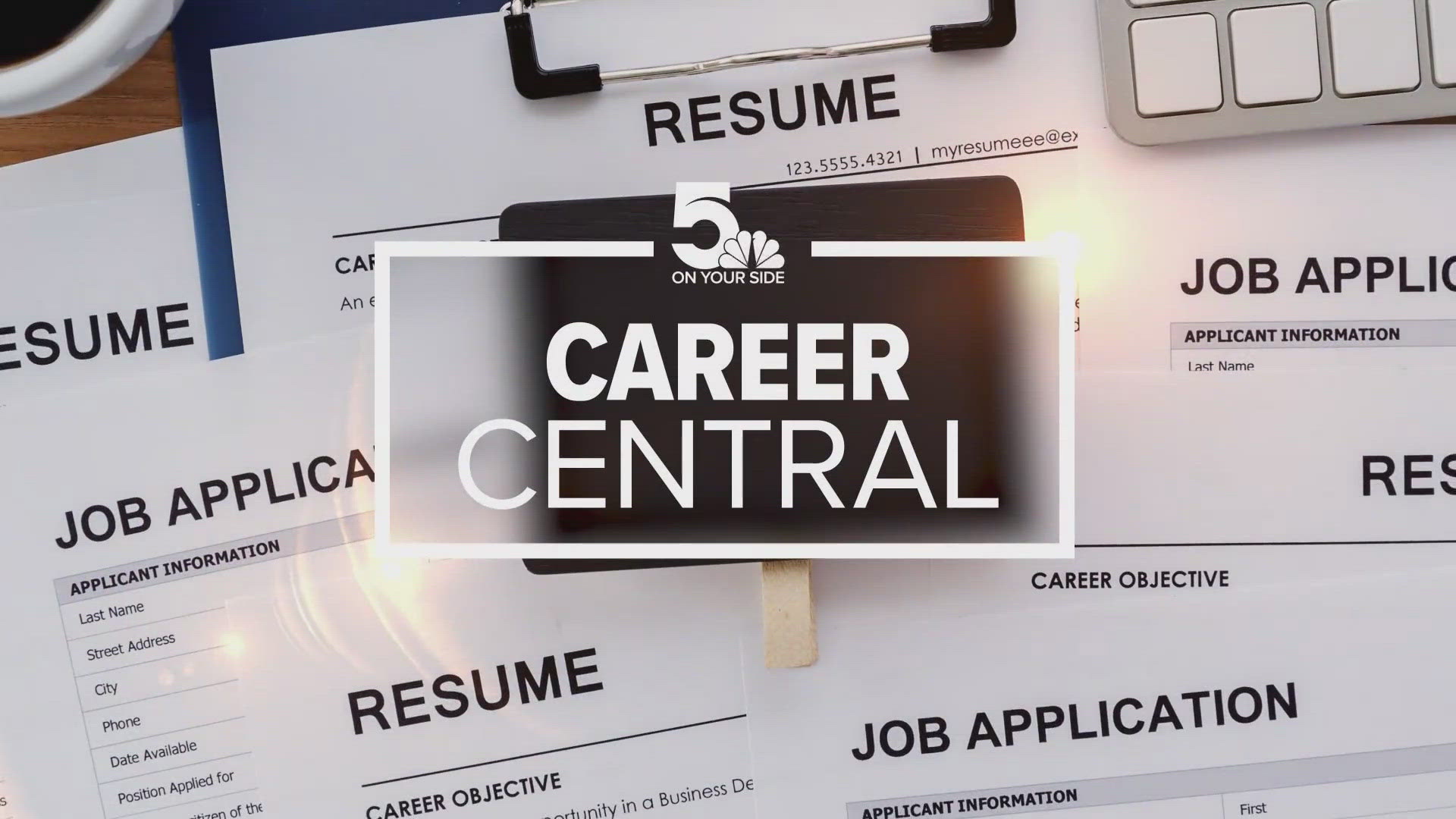A summer job is a great way for students to earn some extra money while building a resume for the future and learning new things about the working world. Typically, one of the hardest lessons for students to deal with is income tax. Working students may say, "Why is so much of my paycheck withheld? And who is this FICA dude?"
Welcome, students, to income taxes and how they affect the working world that you have joined. There are two main taxes on your earnings:
- Federal Income Taxes – These provide income for operations and services of the federal government.
- Payroll Taxes – These are taxes that fund Social Security and Medicare under the Federal Insurance Contribution Act (the "FICA dude" referenced above). The taxes you pay in go toward covering the eventual services you require. You pay half of this tax obligation (the withheld amount) and your employer kicks in the other half.
State and local taxes may also be withheld from your check to cover services to fund those levels of government.
As an employee, you would typically have taxes withheld from your paycheck for two reasons: to supply a steady stream of income to the government and to keep you from having a large tax bill at the end of the year. The employer submits those withheld taxes to the government in your place.
How do they know how much to withhold? You tell them by filling out a W-4 form, more formally known as an Employee's Withholding Allowance Certificate. If you are not sure how to fill out the form, use the IRS Withholding Calculator to help you understand the options. For students with summer jobs, W-4s are usually simple, with the only question being if you are filing your own taxes or being claimed as a dependent by your parents. But keep in mind that due to taxes, if you work 10 hours at $12 per hour, don't expect to get a check for the whole $120.
What if you are not an employee but are just working as a freelance individual? For a student summer job, you may be classified as an independent contractor. In that case, you are self-employed — you are both the employer and the employee (since you "employ" yourself). That means you have to withhold and send in your own taxes. As a self-employed individual, you usually send in an estimate of your taxes on a quarterly basis using Form 1040-ES.
That means that in the example above, you would get a check for the whole $120, but you might still owe taxes on it. Making matters worse, because you are both employee and employer, you would be responsible for both parts of the payroll tax as an independent contractor.
The type of work you have may complicate the issue. You may have multiple jobs – for example, you may have a babysitting or lawn-mowing job that is independent while working for a restaurant as a summer employee. At the restaurant, you may receive cash tips that are not part of your base pay, but you are still obligated to report it to your employer as long as they total more than $20 in any month. Newspaper carriers may be classified either as independents or as employees depending on certain conditions. Situations like ROTC camps may contain taxable active duty pay along with non-taxable allowances.
The point is to clarify your classification with your employer, keep track of all your income, and check your pay stubs to see what income has been subject to withholding. Any source of income that has not had taxes already taken out of it will need to have taxes taken out at some point. You can raise withholding on your employee position to cover for the other income sources.
Even if you do not make enough to pay income taxes, it is important for you to fill out a tax form. IRS Free File is available to help those making under $66,000 annually to file their taxes for free — and if you are making more than $66,000 in a summer job, you probably have more complex and interesting tax issues to deal with.
Why would you want to fill out a tax form if you don't owe anything? For one reason, it verifies the record of your earnings. An even more important reason is that you cannot recover any taxes that were withheld if you do not file a form. It could be that the government owes YOU!
The overall lesson: enjoy the working experience and the thrill of earning your own money — but don't spend it until you take all of your tax obligations into account. Don't forget the FICA dude.
This article was provided by our partners at moneytips.com.
To Read More From MoneyTips:
Photo ©iStockphoto.com/shapecharge



